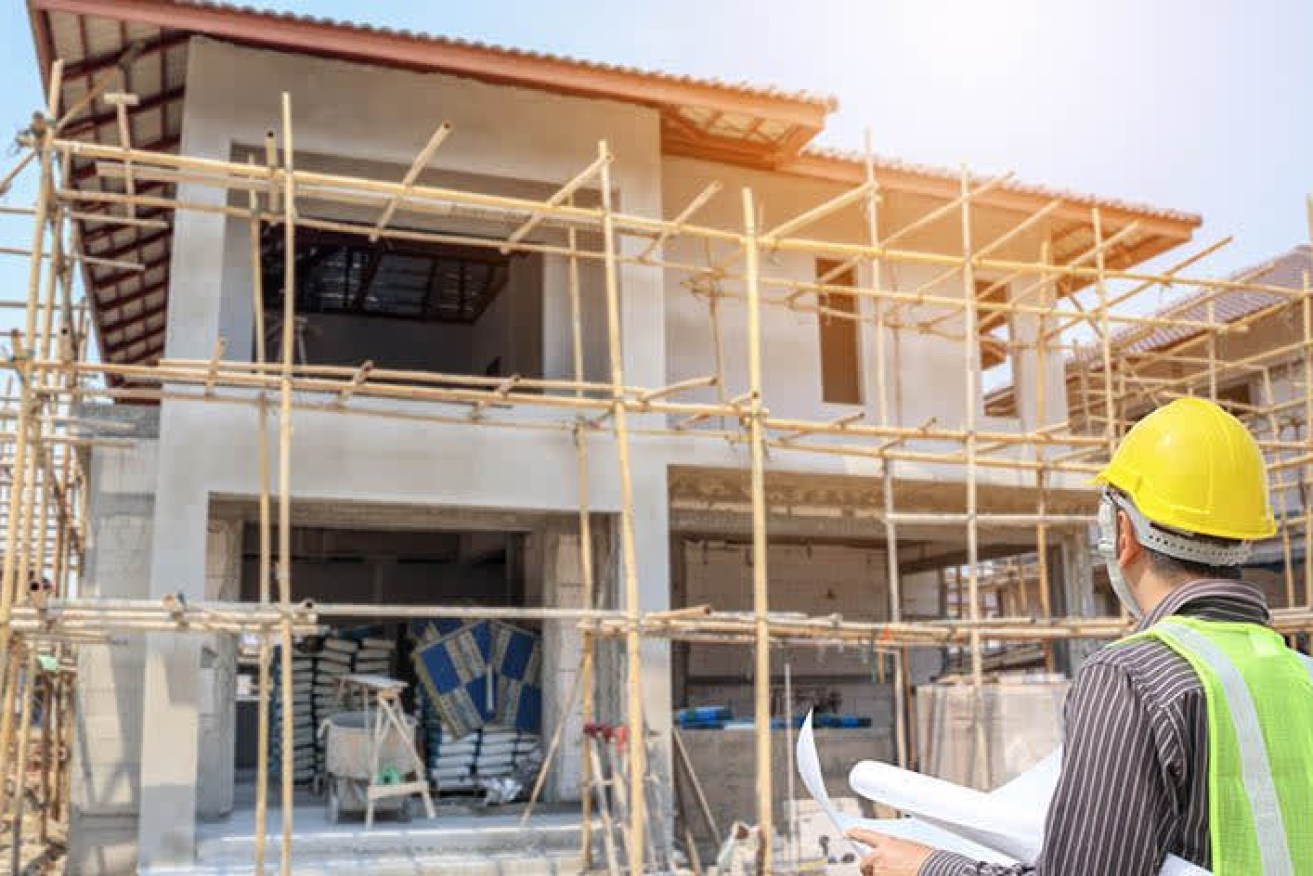Housing approvals plunge amid risks of economy turning into ‘junk yard’
Australia’s new housing construction sector is in freefall with official data showing approvals in January fell 27 per cent and were now at the lowest level in more than a decade.


The only thing keeping the sector afloat is the long tail of delayed construction created by supply chain issues during Covid, but the industry maintains that there was a real risk of Australia heading into a longer and deeper slowdown than was needed if interest rate hikes continued.
SQM Research director Louis Christopher said the data from the ABS was “extremely bad news”, particularly for outer years.
“People will be forced to share homes and there will be a rise in homelessness,” he said.
Former Treasury economist and head of strategy at TD Stephen Koukoulas said the Reserve Bank, which has hiked interest rates eight times in the past year, was “turning the economy into a junk yard”.
“Now we have building approvals in free-fall, the lowest in a decade. Here are the seeds of the 2024-25 house price boom. Add in no growth in per capita GDP, inflation down, unemployment up, wages floundering.”
He said Australia was building 150,000 dwellings a year, less if knock-downs and replacements were accounted for, and yet immigration was booming at a rate of more than 400,000 a year.
“The RBA is killing the construction sector.”
He said that when combined with inflation, economic growth and unemployment data there was enough information for the RBA board to pause and say “enough is enough”.
The Queensland sector was saved somewhat by a significant number of unit approvals in January, which were at the strongest level since 2017. However, private sector housing approvals in the state were down 16 per cent in January.
Nationally, private sector housing approvals were down 14 per cent to the lowest level since 2012.
“This was the fifth consecutive decline in house approvals which are now showing a convincing downward trend due to interest rate impacts,” ANZ economist Adelaide Timbrell said.
The value of non-residential building approved nationally decreased 25.6 per cent, following a 1.6 per cent fall in December.
The Housing Industry Association senior economist Tom Devitt said this was not the last of declines in approvals because the full impact of recent rate hikes had yet to impact the economy.
“There remains a large volume of work underway on the ground that will be completed in 2023 and this will keep employment in the national economy exceptionally low until early 2024,” Devitt said.
“If the RBA continues to raise rates they do risk a longer and deeper slowdown in economic growth than is necessary in this cycle.”
Economists see little upside for the sector which holds a key place in the national economy because of its role in job creation and spending on household items.
One hope is that the influx of migrants this year could provide some support. However, ANZ said falling house prices and rising interest rates would reduce the appetite for new dwelling developments.
“We expect construction activity to fall 3.4 per cent in 2023 and 8 per cent in 2024,” the bank’s economics team said.












